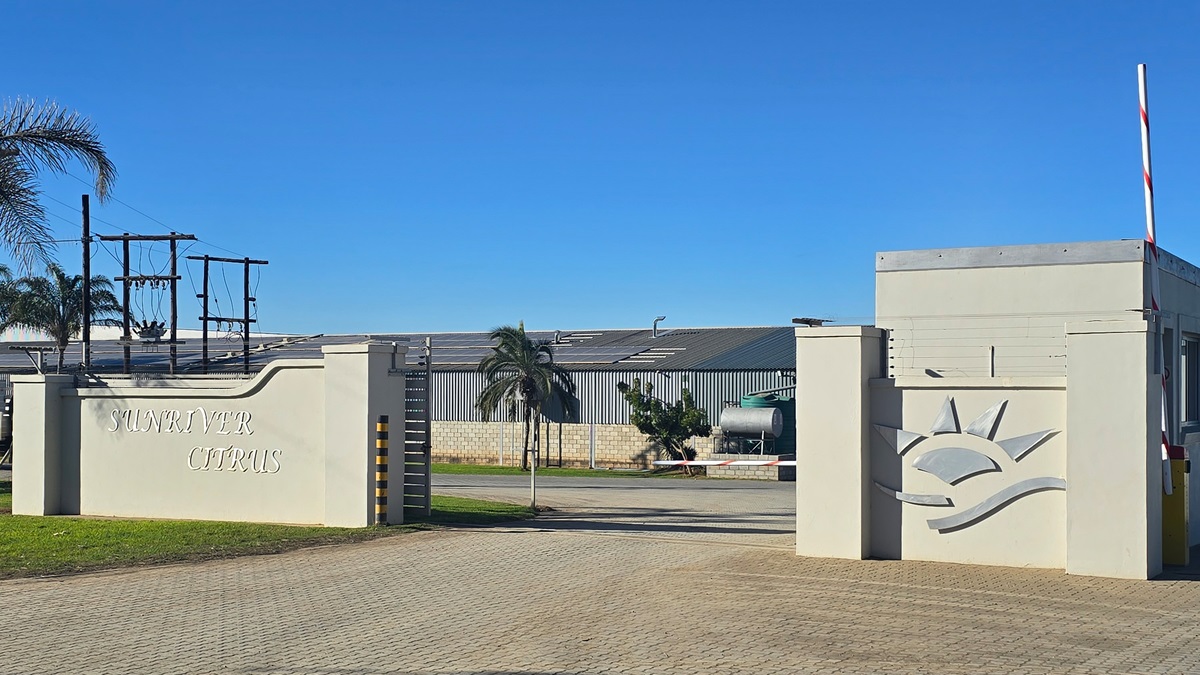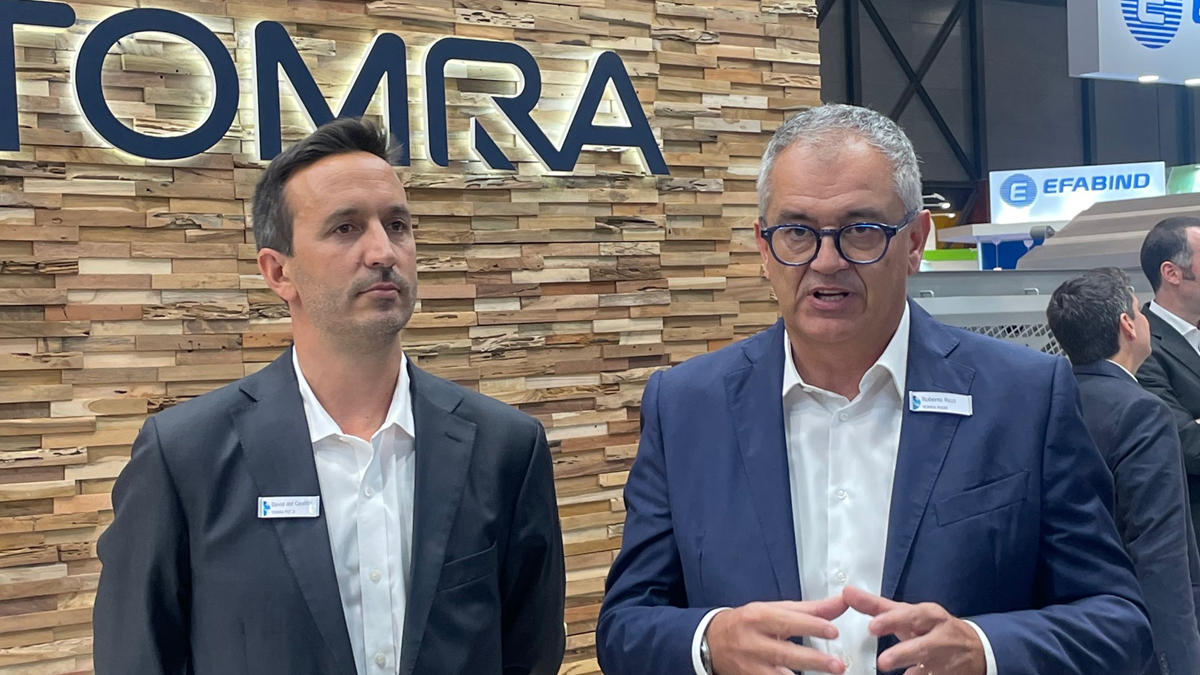Conditioning , Processing
RUPAREL and TOMRA work together to sort peanuts
In 2007 the Ruparel family started producing peanut butter and, because of their strong commitment, this has made the company one of India?s leading manufacturers and exporters of peanut butter and peanut pastes in many different varieties and flavors. Ruparel Foods is located in Mahuva, a town in the Bhavnagar district of Gujarat state, a region which produces 75 percent of India?s peanut crop. India, the second largest producer of peanuts in the world behind China, produces peanuts of the finest quality. In order to address aflatoxin contamination issues, Ruparel Foods turned to TOMRA Sorting Food. Vishal Ruparel (1st.
24 January, 2017
In 2007 the Ruparel family started producing peanut butter and, because of their strong commitment, this has made the company one of Indias leading manufacturers and exporters of peanut butter and peanut pastes in many different varieties and flavors. Ruparel Foods is located in Mahuva, a town in the Bhavnagar district of Gujarat state, a region which produces 75 percent of Indias peanut crop. India, the second largest producer of peanuts in the world behind China, produces peanuts of the finest quality. In order to address aflatoxin contamination issues, RUPAREL FOODS turned to TOMRA Sorting Food. Vishal Ruparel (1st. picture), managing director at Ruparel Foods, explains the positive impact this partnership has had on the company. Ruparel Foods employs 60 full-time staff at its peanut factory, and in 2014, the company increased its production capacity to approximately 50 metric tons per day. Located at the heart of the Indian peanut productionVishal commented: The location of our factory gives us an important competitive advantage because we dont have to source peanuts from beyond a 200 km radius like some of our competitors. We are situated in a region where 60 percent of Indias peanut production is located, and it is because of this direct access that the quality of our peanuts is outstanding. The Ruparel family employs state-of-the-art machines, which they import from North America and Europe. The facility is equipped with a laboratory for testing aflatoxin, and the company is also active in color identification using spectrophotometer color matching of the peanut butter and peanut paste. Ruparel Foods supplies major retailers around the world, including the United States of America, Canada, Europe and South Africa. The companys export business is continuing to grow and it also supplies directly to developing countries. The problem prior to installation: loss of good peanutsVishal explains: We process approximately 6,000 tons of peanuts annually. With TOMRAs Helius sorting machines we are able to remove all aflatoxin-contaminated peanuts. Since we buy directly from shellers, we do not have to worry about foreign materials. However, by implementing TOMRAs Helius sorting machine (2nd. picture), we are also able to reduce the rejection of good products. Moreover, thats the reason why we bought a second peanut sorter from TOMRA, as we have seen there is a clear quality improvement from our previous sorting machine. The change following the installation: 50 percent efficiency increaseOur previous sorting machine was used to reject contaminated peanuts. However, only one in every eight nuts rejected was actually bad. That meant over 85 percent of the peanuts we were rejecting was actually fine. Our TOMRA sorting machine has enhanced that process by over 50 percent which has improved yields and helped to maximize our profitability. During our market research we also visited several trade shows such as SIAL and Gulfood Dubai. After talking to the local sales representative, we requested a demonstration with our product in TOMRAs test center in Leuven, Belgium. It was there that we targeted the removal of aflatoxin with laser sorting and the results were very convincing. Combining the persuading demo results with TOMRAs reputation made our decision a very easy one. Cost price is not a determining factorVishal adds: We have found TOMRAs peanut sorting machines very cost effective. They are not cheap, but the Helius is an outstanding sorting machine and thats what is most important. If you buy a sorter, the price is not the determining factor, its the quality of the machine that is decisive. If you invest in the wrong machine, the cost price will be unacceptable. TOMRAs Helius sorting machines are very easy to operate. Once you receive the personalized training session, it becomes extremely clear how to work the machine. About TOMRA Sorting FoodTOMRA Sorting Food designs and manufactures sensor-based sorting machines for the food industry. Over 5,900 systems are installed at food growers, packers and processers worldwide. The company provides high-performance optical sorters, graders, peeling and process analytics systems for nuts and seeds, dried fruits, potato products, fruits, vegetables, meat and seafood. The systems ensure an optimal quality and yield, resulting in increased productivity, throughput and an effective use of resources. TOMRA Sorting Food is part of TOMRA Sorting Solutions which also develops sensor-based systems for the recycling, mining and other industries. TOMRA Sorting is owned by Norwegian company TOMRA Systems ASA, which is listed on the Oslo Stock Exchange. Founded in 1972, TOMRA Systems ASA has a turnover of around 650m and employs over 2,600 people. For more information on TOMRA Sorting Food, visit www.tomra.com/food. About RUPAREL FOODS PVT. LTD. (RFPL)Ruparel Foods Pvt Ltd, (RFPL), is part of Ruparel Group of Industries, consisting of Ruparel Plastics Pvt Ltd., Manufacturers of PP and HDPE 3 strand ropes and fishing nets, and Ruparel Nets Pvt Ltd., Manufacturers of HDPE fishing nets. For more information, visit www.rupafood.com.











